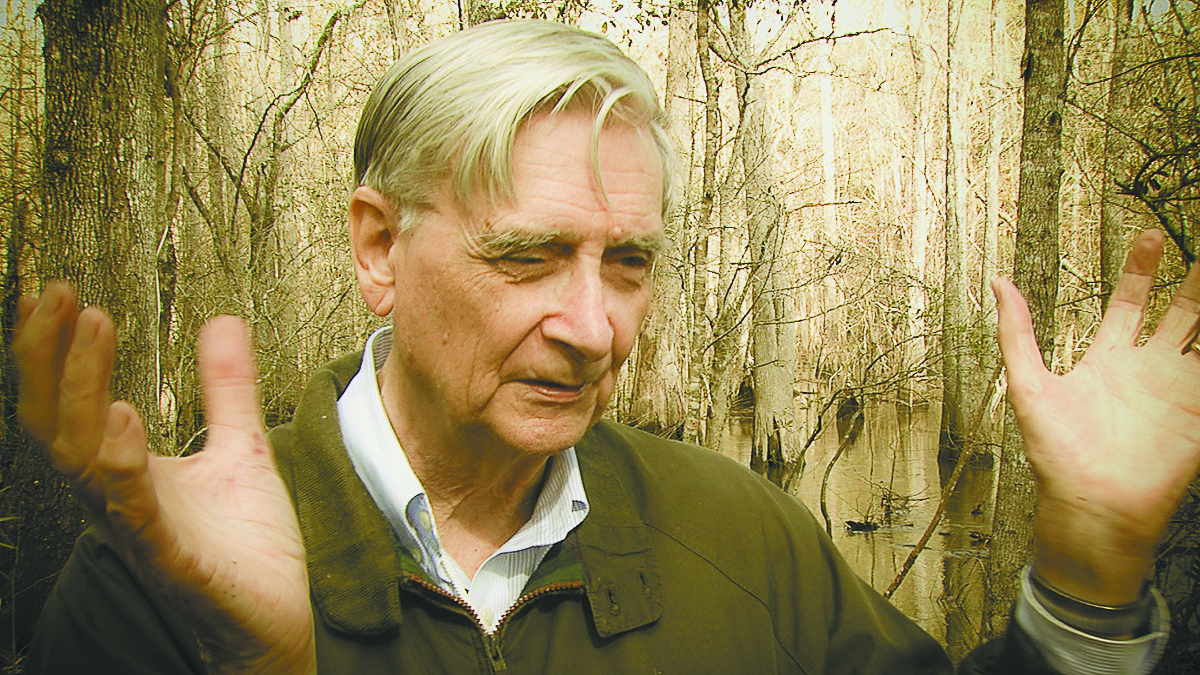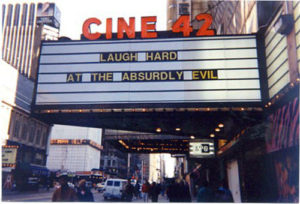Here’s what’s sure to be a popular idea, widely and thoughtfully accepted throughout the land, calmly discussed during the next presidential debate because America is nothing if not full of sagely educated, spiritually curious beings who increasingly understand the fatal shortcomings of false dogma and blind belief.
Here is the quite brilliant entomologist, author and naturalist E.O. Wilson, professor emeritus at Harvard, myriad awards, two-time Pulitzer winner, intellectual heir to Darwin, more than a dozen books, etcetera and so on, discussing in this New Scientist interview the second in a trilogy (!) of new books he’s writing (the man is 85), about the nature and future of the human animal. His newest? The awesomely titled “The Meaning of Human Existence.” I mean, when you’re 85, why be coy?
Wilson’s conclusion about the current state of humanity? Not so great. Not only is humankind driving thousands of creatures both large and small, land and sea to a shockingly rapid extinction – far more quickly and more cruelly than nature would ever allow otherwise – but we have the bizarre chutzpah to believe that we, ourselves, are somehow exempt. We couldn’t possibly be on that list. Could we?
This is the great and terrible human irony, no? We think we’re different, protected, too special to fail. We’ve convinced ourselves that we are immune to the vicious, accelerated cycle of brutal extinction that we ourselves brought to bear. And Wilson, along with myriad scientists and thinkers like him, is here to remind us: Guess again, selfish biped.
To be clear: Wilson is not suggesting we’re headed for fiery apocalypse. Rather, he shows how we are systematically, methodically wiping out our own habitat, destroying the razor-thin biosphere that holds it all together, casually decimating all the delicate, complex ecosystems that both created us and keeps us alive. “Death by a thousand cuts,” he says. What’s worse: We can’t seem to stop.
And why? Wilson identifies a single, overarching culprit, the main reason we’re on the fun train to self-extermination, and can’t/won’t get off.
It’s not climate change. Not overpopulation. Not war, or disease, or resource abuse. Those are all very real, but they’re also merely the consequence, the end result of centuries of blind, dogmatic adherence to, well, to God.
That’s right, the biggest problem humanity faces – and has faced for just about ever – is religion. Rabid tribalism, delusory moral laws and aggressive, antagonistic superstition that pits us against each other, against nature, against science, against anyone who might have invented a different god (or gods) than ours.
It’s no secret that nearly all religions of the world were designed to, if not completely deny, certainly belittle ideas of conscious, sustainable growth and scientific understanding in favor of blindly believing we are the “chosen ones,” that we have a special, divine allowance to breed at will and abuse the planet as we please. Pestilence? Shortages? Overpopulation? 1,000 times the natural extinction rate? Climate change? “Don’t worry,” power-hungry religious leaders say, “there’s a ‘master plan’ somewhere. Surely ‘God has a reason’ to which puny, flawed humans cannot possibly be privy.” Right.
Does it matter that we made up the idea of God, that religion is an entirely human construct? Of course not. What are you, a communist? Pipe down and quit asking questions.
I might be extrapolating a bit. Wilson does not say all of that, per se, and I have yet to read his new book. But he certainly makes no bones about how our relentless need to attach to dogmas, tribes and blind faith has kept us from seeing the extent of the damage we’ve done to the planet, and just how close we are to wiping ourselves out.
It makes sense, then, that he says the very best thing that could happen to humankind is nothing less than the elimination of religion. Can you imagine? What a wonderful world that would be.
He is not, by the way, suggesting we all become atheists. Far from it. Humanity’s intrinsic existential curiosity, that deep spiritual longing innate to every soul on the planet, is essential and beneficial, and can lead to tremendous beauty, compassion, self-exploration. Not to mention bring a far healthier version of the “moral compass” religion purports to provide, only not at the expense of your individuality and soul.
Because it’s when you take that personal, existential longing and calcify it, codify it, strip it from its individual moorings and assign it to some ominous, vindictive “Almighty,” then sell it back to the masses as some fixed “truth” that everyone must obey and fight for – or else – that the real trouble begins.
End all religions! What a glorious idea. And of course, sort of impossible. At least for now.
It might happen someday. The world’s religions are indeed declining in power and influence, and fewer young people are joining the church and are instead calling themselves “spiritual.” But we’re still light years away from ending all fear- and shame-based dogmas that misunderstand science, debase nature, demean women, reject spiritual self-definition and shrug off the fast-decaying ecosystem as just “part of God’s plan.” Can it happen soon enough?
Read more here:: Religion will be the death of us all





